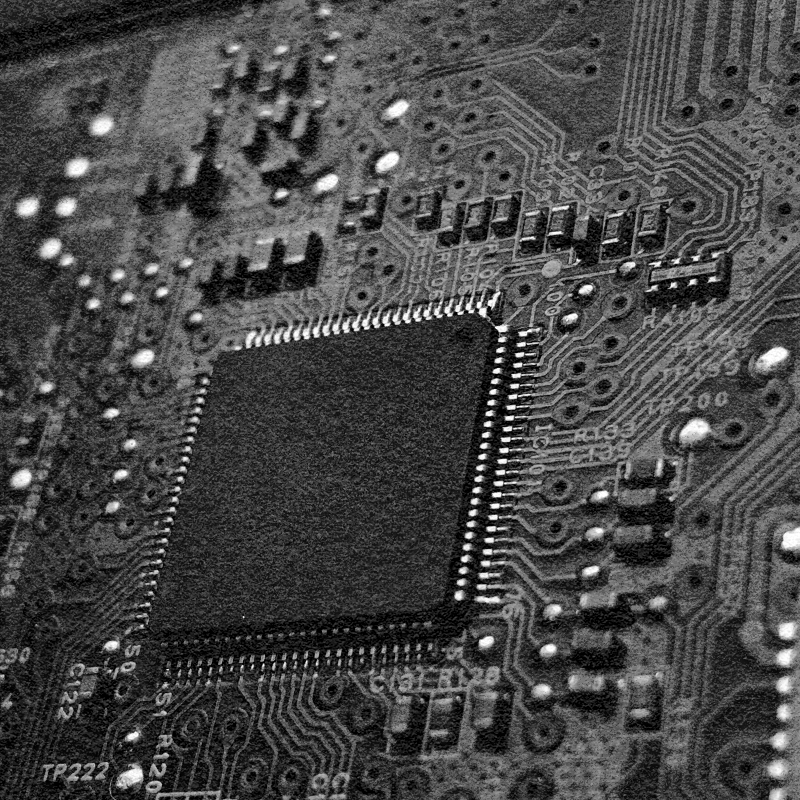
We’re excited to share our investment in Sphere Semi, which is coming out of stealth with $20M raised, made up of a recent $12.5M financing led by Acme and Future Ventures, and $7.5M of formation capital led by Construct. Additional investors include Abstract, Village Global, Xfund, and Generational Partners. Sphere is building the next generation of AI-designed analog chips and RF systems.
Sphere is changing how customers think about integrating custom RF and mixed-signal silicon into their products. Sphere isn’t just designing chips faster, they’re designing chips better. Their technology addresses performance bottlenecks that analog engineers have long accepted as tradeoffs. By reimagining the development process, they’re shifting silicon from a constraint to a competitive advantage.
Today’s hardware systems are under increasing pressure. Mobile data traffic is expected to 5x by 2030. Commercial drones are set to triple. Tens of thousands of satellites will soon orbit the Earth. This explosion of real-world data is overwhelming the spectrum — and exposing the limits of traditional chip design. For decades, analog design has been defined by slow cycles, specialized labor, and limited reuse. The result is hardware that often arrives late, over budget, and under-optimized for performance at the edge.
Our thesis at Construct is rooted in a simple idea: analog chips are the critical bridge between the physical and digital world, and as the pace of data generation in the physical world continues to accelerate, the process to design analog chips needs to be reimagined from the ground up. As more intelligence moves to the edge, we need better silicon to meet it. Sphere delivers on this need. Their platform produces fully AI-designed chips. These chips are not “AI assisted”, or co-piloted, but autonomously engineered to outperform the status quo. Their RF switch, for example, has four times less interference than the leading alternative on the market, developed from customer specification and in less than a quarter of the traditional design timeline. These chips are not only faster to develop; they’re tuned to exact customer specs in voltage, size, and layout, giving system designers new flexibility to integrate RF in ways previously considered too costly or complex.
That capability is already driving traction. Sphere’s chips are in production with customers like Anduril, with additional projects and partnerships in place across the defense ecosystem. They’re also engaged across the DoD under early-stage collaboration agreements. As they deliver their first-gen chips into defense applications like SIGINT and electronic warfare, Sphere is also laying the groundwork to scale distribution more broadly. The same signal-dense, performance-critical problems exist across satellites, drones, and autonomous systems — industries that are growing rapidly and demanding more efficient, more specialized hardware than ever before.
We’re proud to support Steven, Mitch, and the Sphere team as they lead this shift. Steven and Mitch are both multi-time founders at the intersection of industrials and advanced software, and they are bringing these experiences to bear on one of the stickiest problems and largest opportunities we face. The analog stack is being rewritten, and they’re at the frontier.